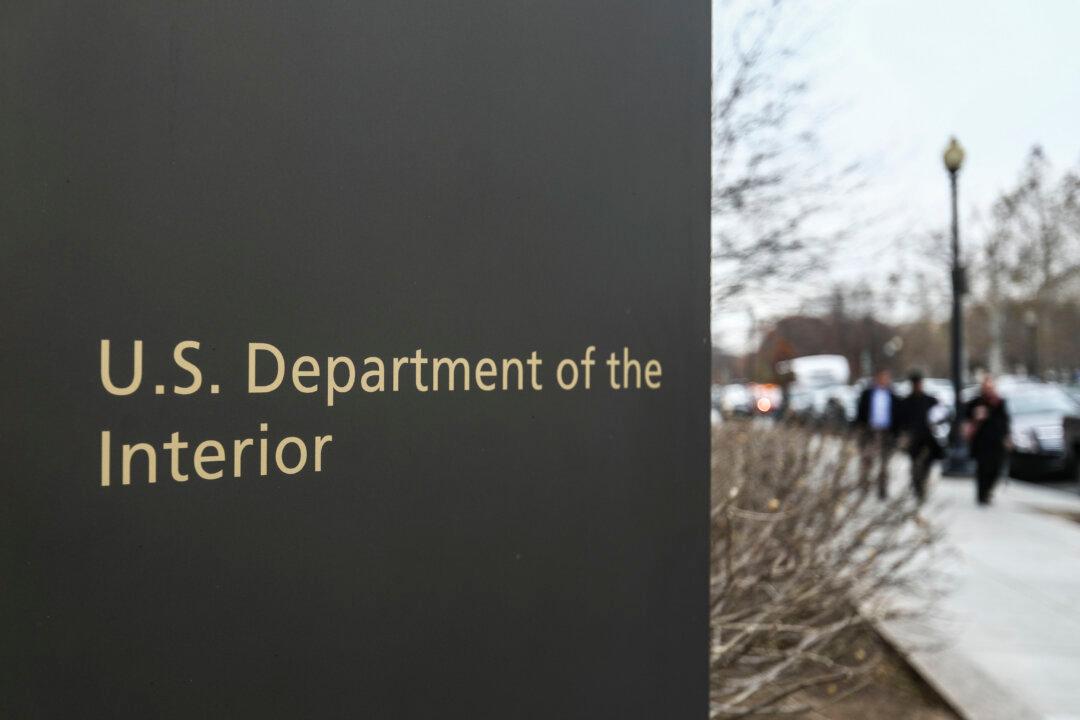The Interior Department, acting in the waning days of the Biden presidency, has unveiled two major conservation initiatives to protect public lands and wildlife habitats in the Western United States.
The first initiative, announced on Dec. 30, proposes withdrawing 264,000 acres in Nevada’s Ruby Mountains from new oil and gas leasing for a 20-year period, subject to existing rights.





